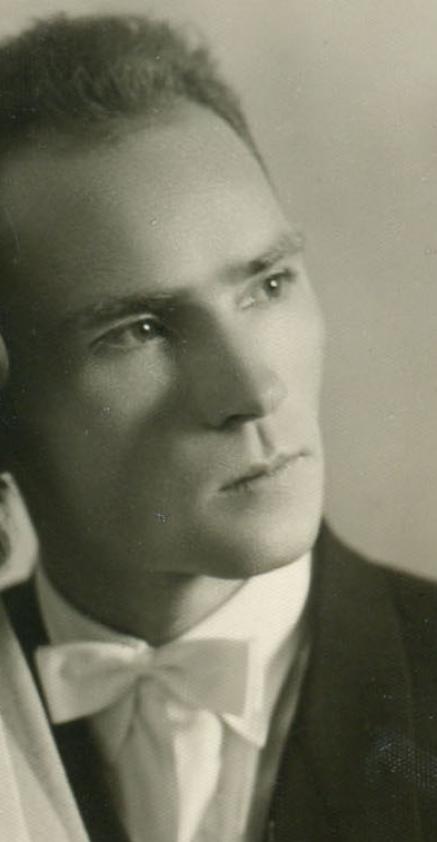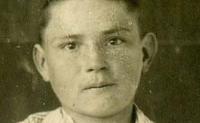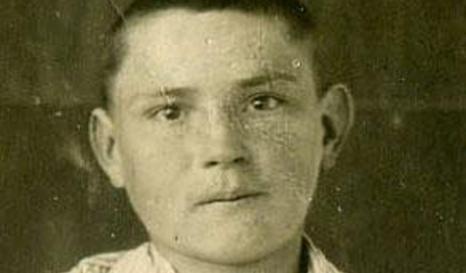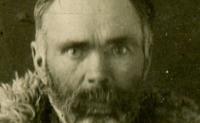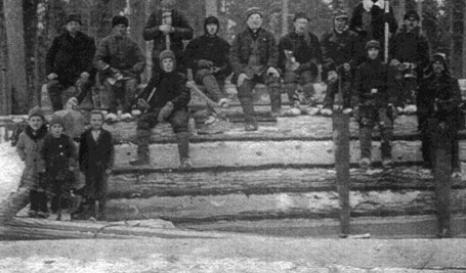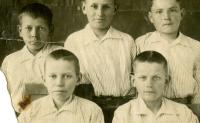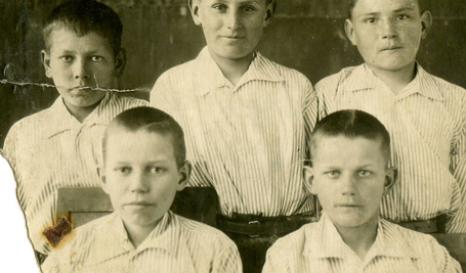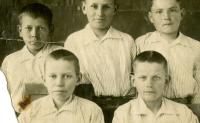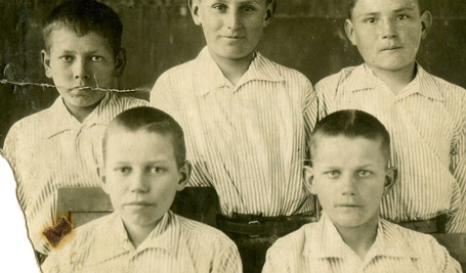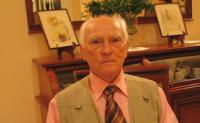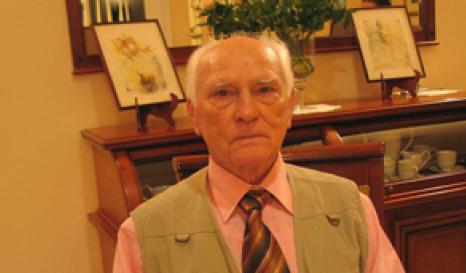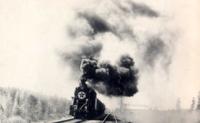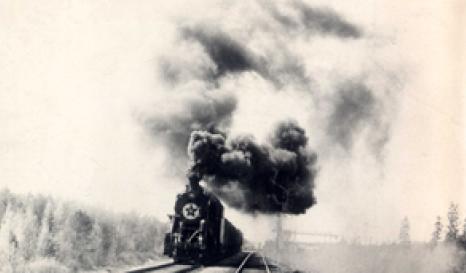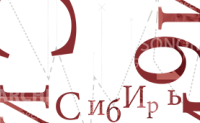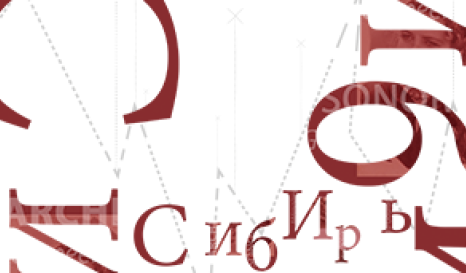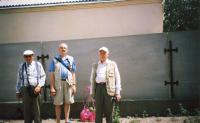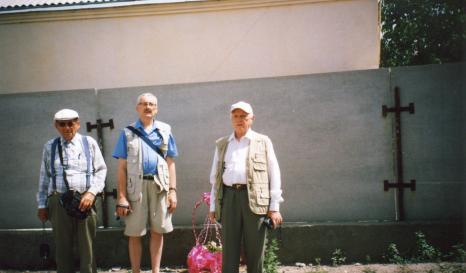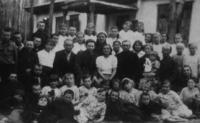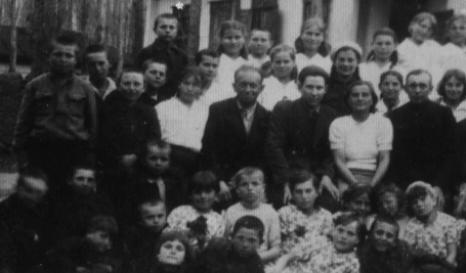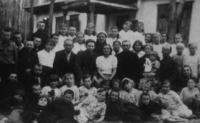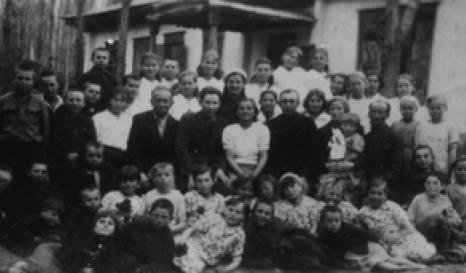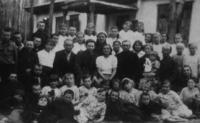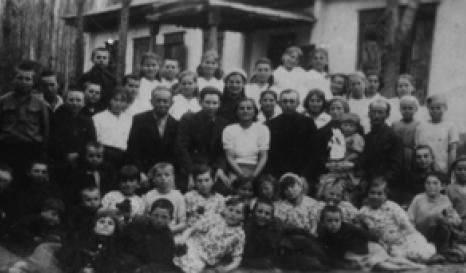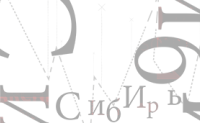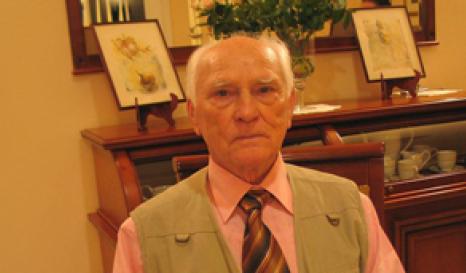BioGraphy
Adam CHWALIŃSKI
Adam Chwaliński was born in 1928 in Polesia (now in Belarus) to a family of civilian settlers. On 10 February 1940, his family was arrested by the NKVD and deported, along with the other 51 families in his native village. After travelling for a month, they arrived in the Arkhangelsk region and were settled in a village that had just been built by Ukrainian deportees. Adam, then aged 11, and his sister Ewa Gienia went into the taiga with their father and learnt how to saw lumber.
Gradually the children managed to produce the compulsory work quota: “2 squared-off logs, each 75 centimetres wide, 1.25 metres high and 2 metres long”. In the winter of 1940-1941, they were given the work of maintaining the collective baths and then they went back to the taiga. Despite all their efforts, Adam’s younger brother and niece died of hunger. In November 1941, hearing of the agreement between the Polish government-in-exile and the Soviet Union, the Chwalińskis left for Central Asia. Two of Adam’s nephews died on the journey.
In Kyrgyzstan he lost his mother. He and his two sisters were placed in the Polish orphanage in the town of Tokmak. So they were able to pick up their education. The family was repatriated to Poland in spring 1946 and settled in Szczecin in the “recovered territories”. Forced to earn a living, Adam resumed his studies and became a hydrology engineer.
In 1961, he and his wife settled in Opole, Silesia. Despite his insistence on mentioning his deportee status in his CVs, Adam had a brilliant career in his speciality.
The interview with Adam Chwaliński was conducted in 2010 by Anieszka Niewiedzal.


